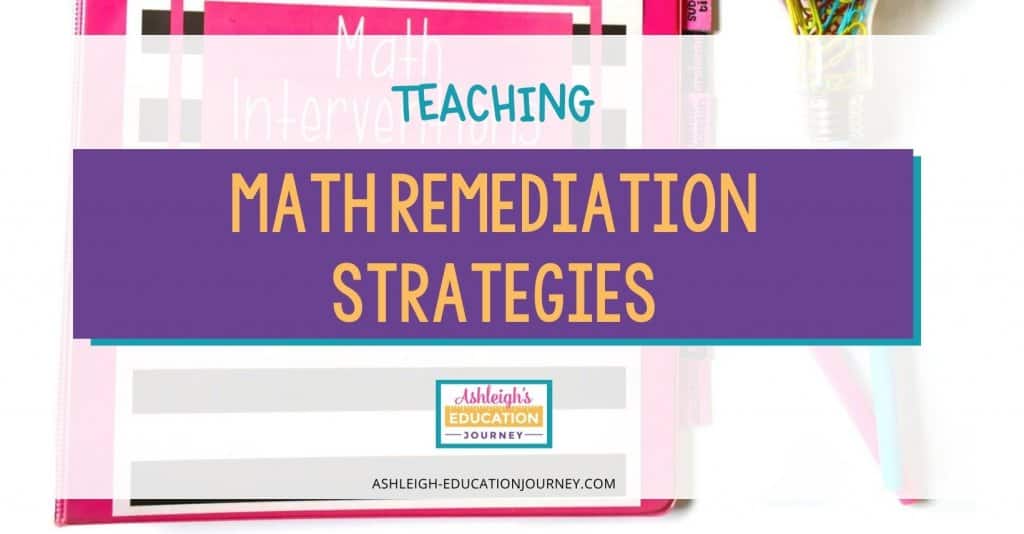
Finding a high quality math intervention program is a bit like finding a magical unicorn. It’s not an easy task!
In almost any elementary classroom, there will be at least one student that needs math remediation. Remediation is the process of providing assistance to students who are experiencing difficulties so that they can understand the concept with which they are struggling. Remedial instruction is especially important in math, because each concept is the foundation for new learning, and when a student has not mastered one concept they are unable to understand the next concept. As upper elementary teachers, we often see the results of this snowball effect.
Understand the WHY
When determining which students need math remediation (or any), it’s essential that we look beyond grades and test scores. We must understand WHY the student is struggling. For example, if a student is struggling in math due to a behavior issue, all of the math intervention programs in the world, won’t fix the root of the problem. Also, if a student learns at a slower pace than their classmates, it does not necessarily mean that the student needs intensive remediation. The student may need more time or small group instruction on that grade level concept. However, if you have a student who lacks number sense, they are likely to need math remediation. If a student lacks understanding of place value concepts, understanding of numbers can be composed and decomposed, and the relationship between operations, they will fall further and further behind in math.
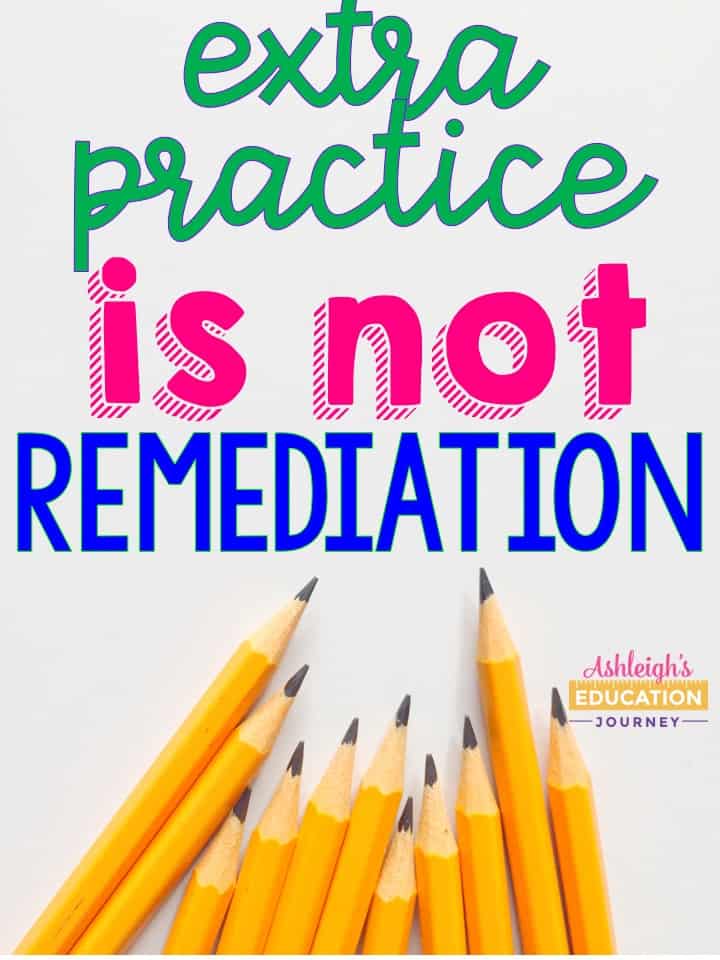
Extra Practice is Not a Math Intervention Program
The more I researched and learned about math instruction, the more I realized that I needed to make changes to my own math remediation. I’m a little ashamed to admit, but I had fallen into utilizing the it’s easy and convenient trap. Over the years, I have utilized MANY different computer math intervention programs-some with a lot of success, but I realized that extra practice is not the same thing as a math intervention program. I am not at all saying that these programs are bad or ineffective. I still use some for extra practice! However, I no longer use these programs for my math remediation lessons, because review and practice is not the same as instruction. I am convinced that there is nothing that can take the place of students actively participating in math with the guidance of a teacher.
Unfortunately, finding high quality math intervention programs can be so challenging. Once again, I found a plethora of websites, but the vast majority consisted of worksheets I could print for extra practice, which is exactly what I didn’t want. I wanted lessons and activities that would pinpoint my students’ difficulties in math and number sense. These lessons would need to be highly conceptual to bridge students’ gaps in learning. Since I had an extremely difficult time finding the lessons I wanted, I decided to undertake one of my biggest projects yet-a collection of math remediation or math intervention lessons.
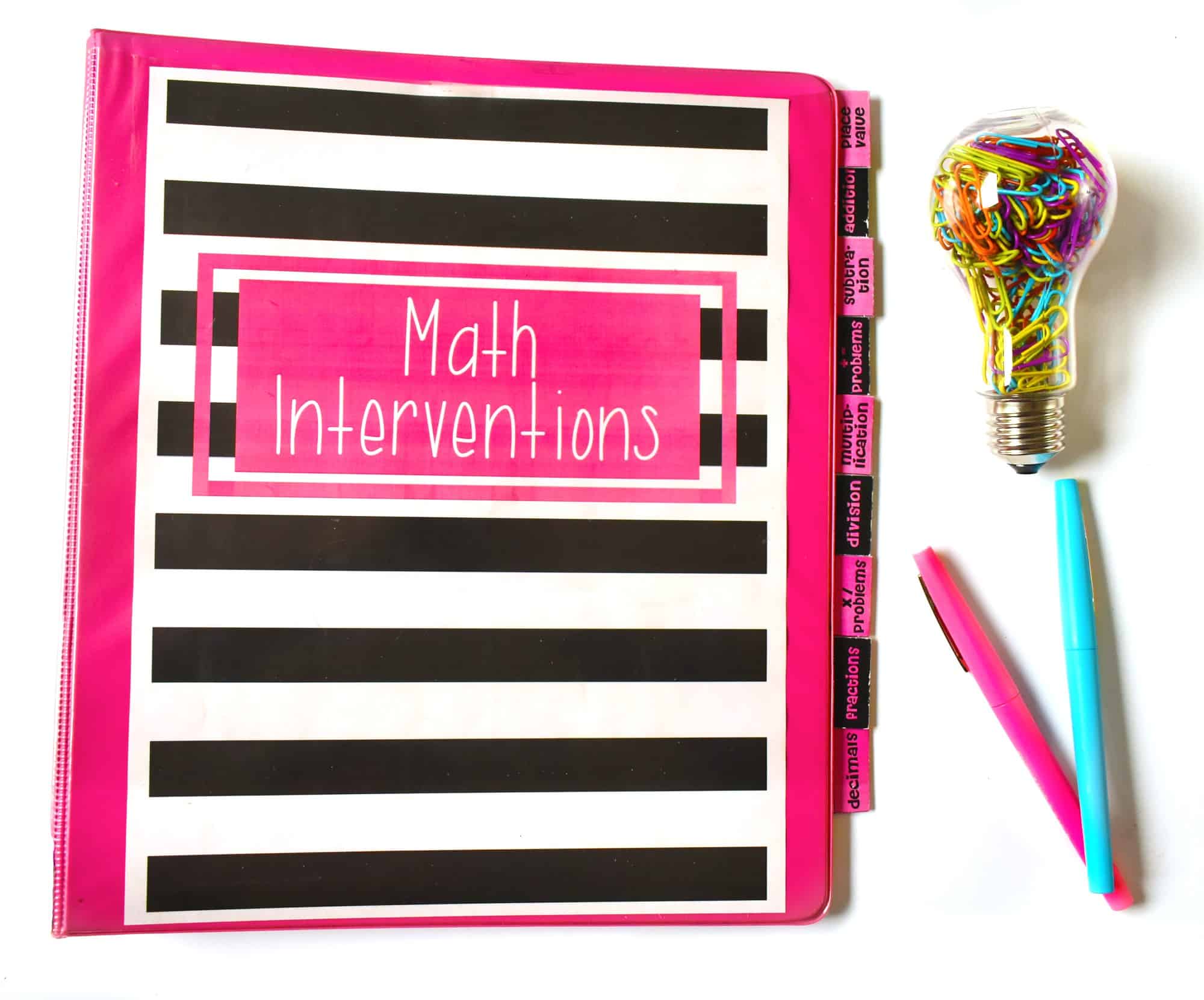
This math intervention program was specifically designed for upper elementary students who need additional math instruction to help them successfully master essential math standards. This may be used as a part of your small group math instruction, math interventions, or math RTI. This is a very flexible and versatile math intervention curriculum and is best used with small group lessons. I’ve used a few of these lessons as whole group lessons, but the vast majority are better suited for small, guided math groups.
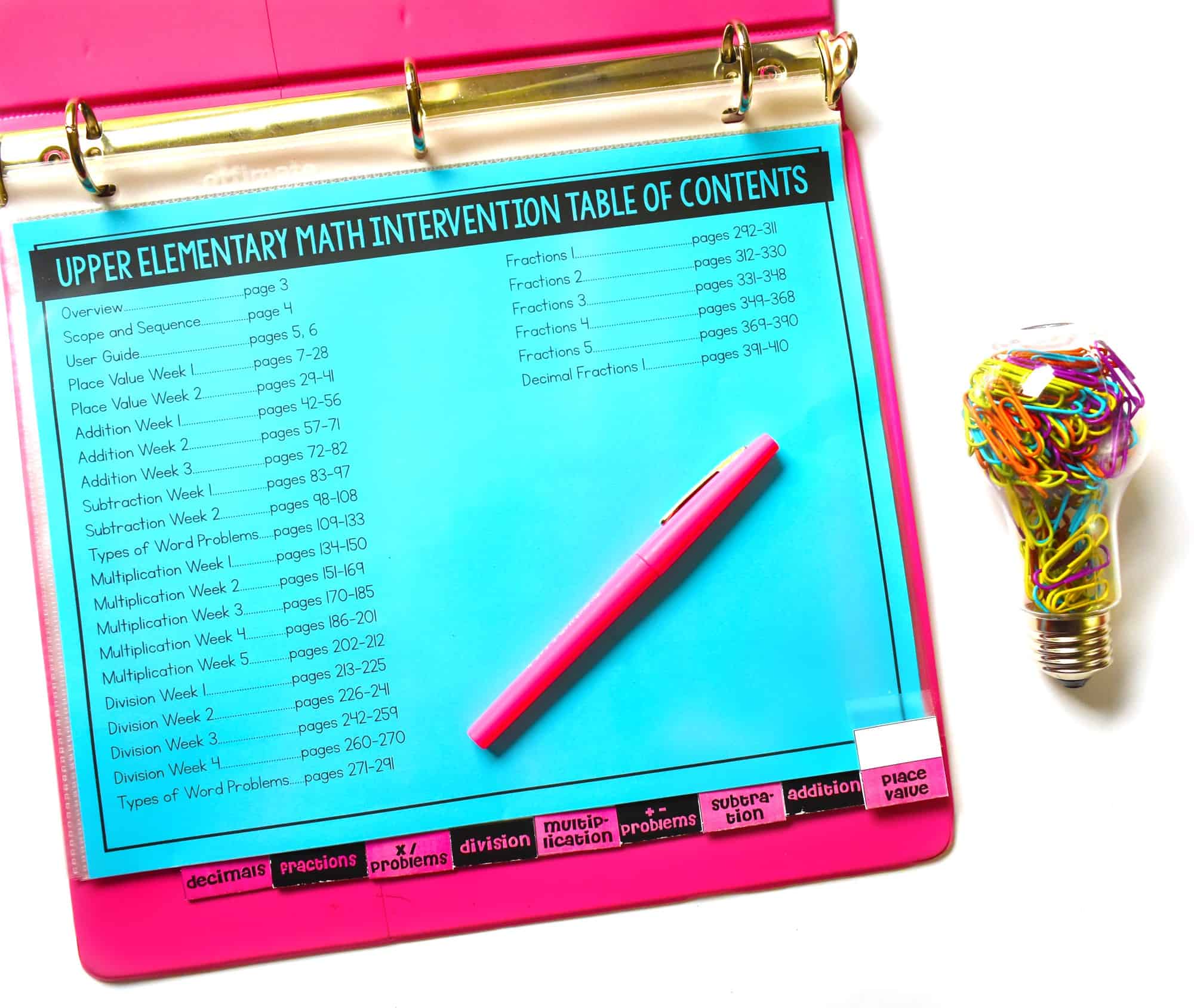
The lessons in this math intervention program are based on approximately 20 minutes of instruction, but you can certainly add more time. I meet with my students at different times of the day. If I’m doing good and get to school early, I can get all of my students who need remediation from the gym and conduct their lesson before school technically starts. However, that is REALLY hard for me to do, so I don’t count on having that extra time. I set aside three days a week for these remediation lessons.
I meet with students in their small group while the rest of the class is working on their skills practice for the day, so this does not happen during my official math workshop block. If I happen to meet with the students before school starts, they participate in the skills practice like everyone else and I meet with a student not in that remediation group. I’d love to meet five days a week, and hopefully I can manage that one day in the future. I don’t use my math workshop time for this remediation, because my math workshop plans will continue moving forward as I remediate. I meet again with these students (if needed), and more, during math workshop. During that time, our focus is on what I am currently teaching.
In the math intervention program, each lesson is broken into three components: number talk, focus lesson, and practice. There is a similar routine for each lesson to allow the lessons to flow quickly and to provide predictability for students. The review and practice are both very short components to the lesson, because the bulk of the lesson is focused on instruction of a particular concept during the focus lesson. You may teach the topics in any order and skip around to reflect your math curriculum. However, it is not necessary for these lessons to match your current math workshop lessons. These lessons emphasize conceptual understanding and each topic’s lessons build upon the next for increased difficulty.
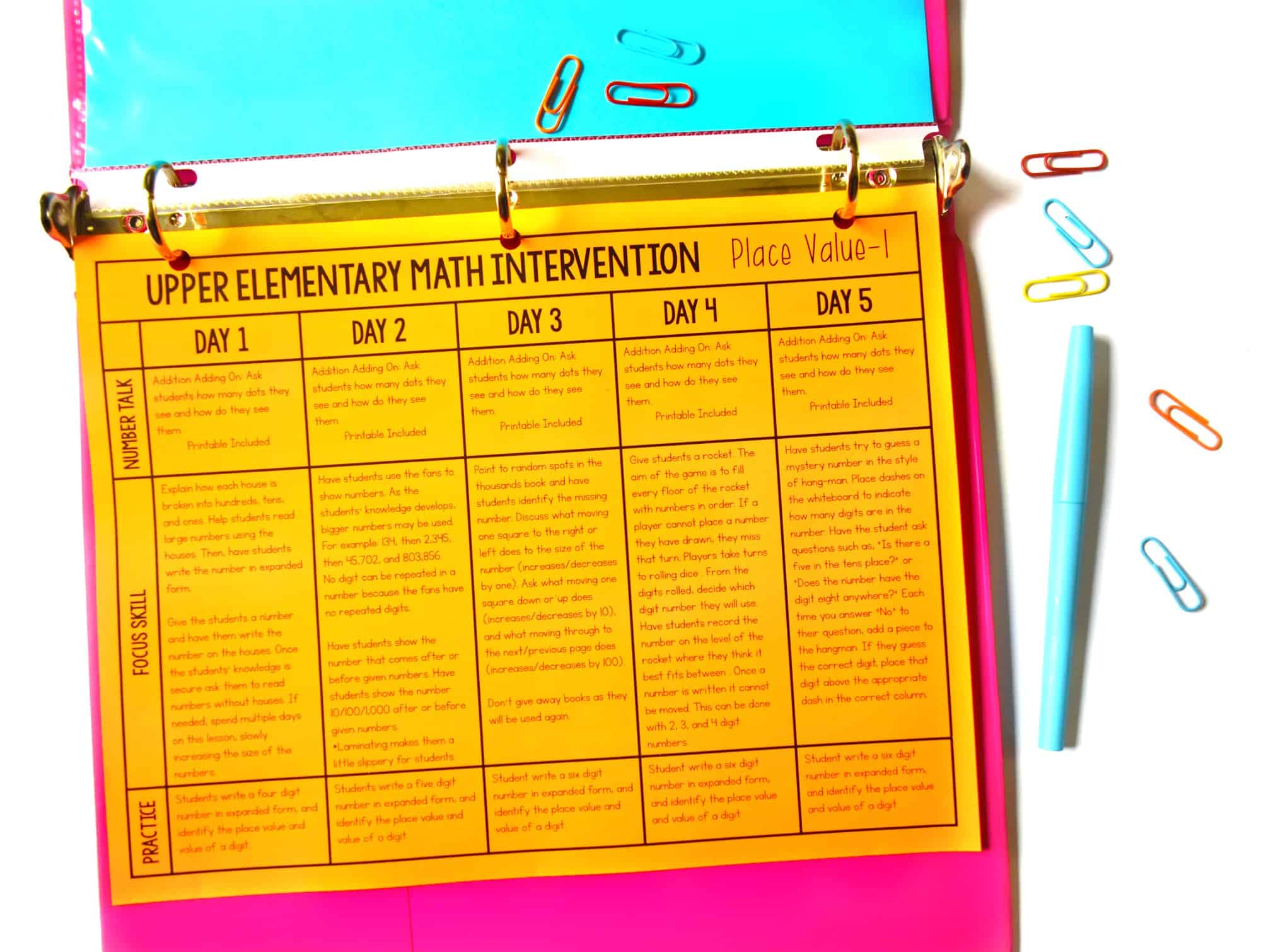
These lessons often do not address third, fourth, or fifth grade standards. Instead, they address concepts and foundational skills that are essential for number sense and for students to be able to access their grade level standards. I did add four extra weeks to address algorithms for addition, subtraction, multiplication, and division. Anytime you are teaching a particular concept and you feel that students did not grasp the lesson, be sure to spend another day revisiting that concept before moving on. This is when I take the opportunity to slow down and allow students fully grasp the concept.
It’s not necessary to teach every lesson or to begin at the very first lesson in the curriculum. I like to find my students’ needs and start from there. More often than not, I find that my students need to begin with place value. Place value is more than just identifying what place a number is in. True understanding of place value is the foundation that all other math concepts are build upon, so this is an excellent starting place for students. T
Since I don’t want these math intervention program posts to be overly long or overwhelming, I’ve broken each topic into a separate blog post. I’ll add links here as I publish those posts. You can find the entire file here!
- Place Value
- Addition & Subtraction
- Multiplication
- Division
- Fractions
- Decimals
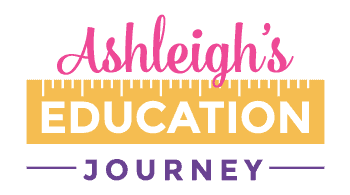
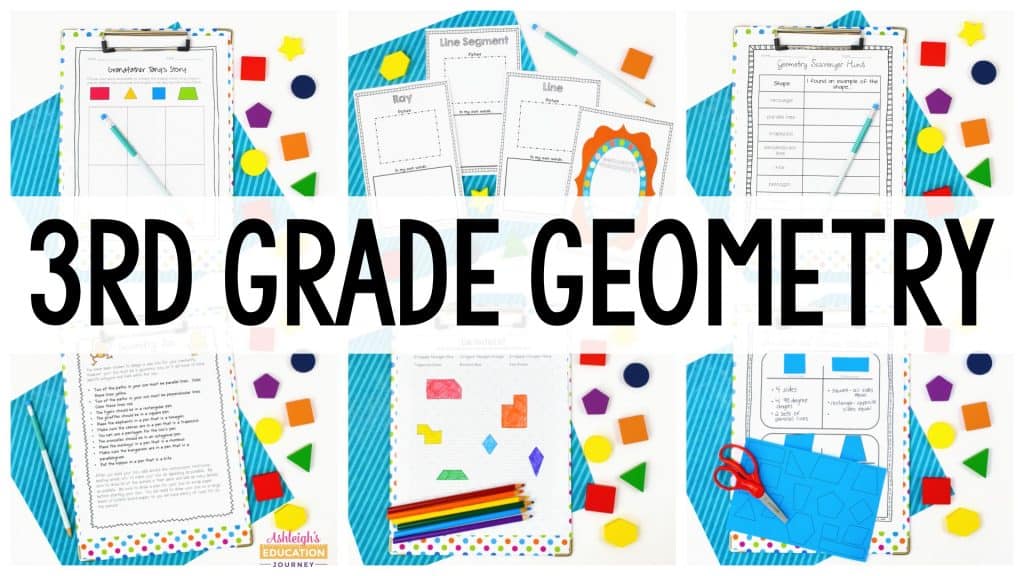

I love your blog. I teach Kindergarten to fifth grade kids at a elementary school in Pennsylvania. These resources will come in handy for my fourth and fifth grade classes. Do you have any resources for the first to third grade crowd? Preferably the resources need to be adaptable.
This would work for third grade, but I don’t have anything for younger students.
For some reason I can’t access the file. Is there any way you could direct me to it.
Here it is! https://www.teacherspayteachers.com/Product/Upper-Elementary-Math-Interventions-4052047
I am unable to download the remediation file. I am a tutor right now and would love to use this with my students.
Thanks so much,
Kathleen
Here’s a link! https://www.teacherspayteachers.com/Product/Upper-Elementary-Math-Interventions-4052047
I can’t find your Math Remediation/Interventions lessons in TPT Store. The link is also not working for me. How do I find this material?
Thanks!
Cherie
here it is! https://www.teacherspayteachers.com/Product/Upper-Elementary-Math-Interventions-4052047
Hi Ashleigh,
I am very interested in your math remediation material, but when I click the links nothing happens, and I can’t find it in your Tpt store either. Please help, I need this so bad! Thanks so much! Courtney Dickey cdickey@greencastle.k12.in.us
Here it is! https://www.teacherspayteachers.com/Product/Upper-Elementary-Math-Interventions-4052047
Hi Ashley,
I just purchased this Math Remediation item, which I love. I have a few 4th graders who need a little extra help and I hope this will give them the boost they need to develop the gaps in their learning.
My question is, how do you organize the student information? Do you have your student keep a special notebook or folder? Are the exit slips and your observations the only assessment information that you use? What sort of data collection do you do? (Detailed notes, graphs, etc.)
Thank you,
Christene
I think this post will help! https://www.ashleigh-educationjourney.com/rti-notebook/
I like the materials I’ve seen in your blog but I am wondering what you use as an assessment?
This is what I use! I have a fourth grade version too. https://www.teacherspayteachers.com/Product/Third-Grade-RTI-Math-Progress-Monitoring-RTI-Probes-855231